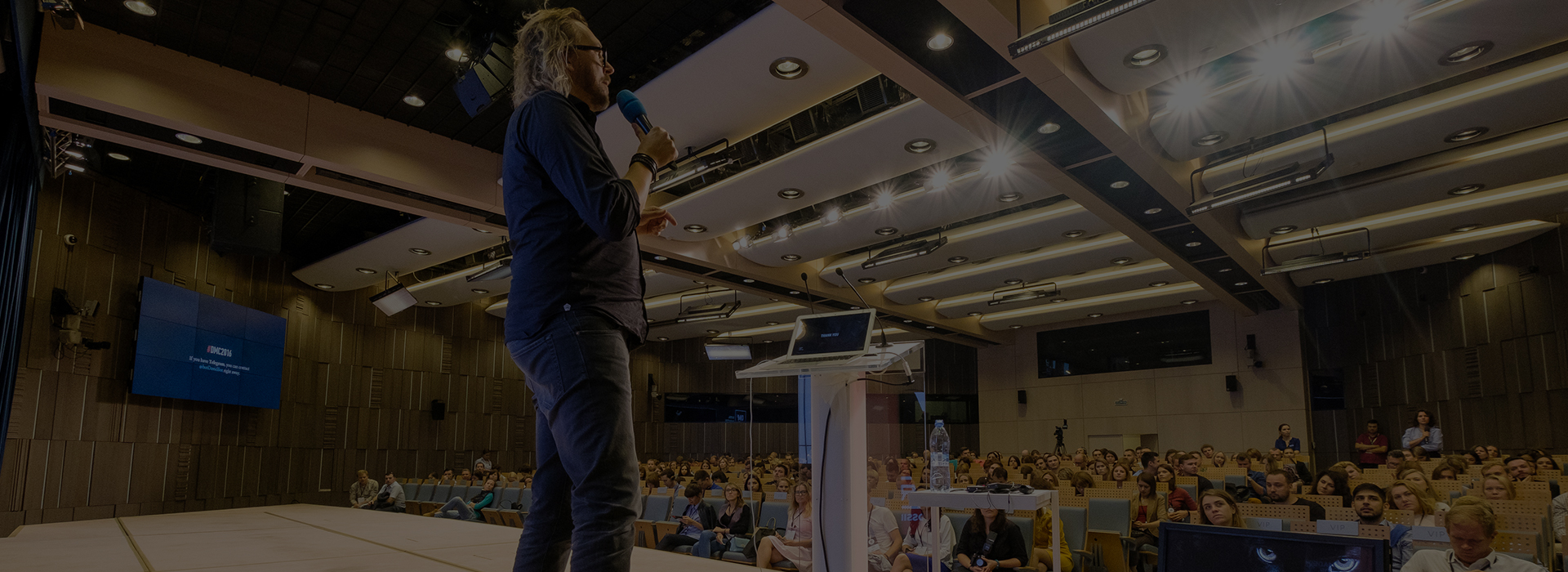
Schedule
Find out what is happening and whenREGISTRATIONS
10.00 – 10.05
OPENING REMARKS
10.05-10.45
PANEL
Building Back Together: Social Recovery Post-Pandemic
(Sky Lounge)
Over the course of the last two years, the COVID-19 pandemic has touched the lives of hundreds of millions of people across the world. However, the pandemic and efforts to mitigate its spread has had an outsized impact on certain already vulnerable and marginalized groups, exacerbating and deepening existing social inequalities. Throughout the course of the pandemic, a great deal of attention has naturally been given to public health concerns; however, as the world slowly emerges from COVID-19’s shadows, neglecting the social impacts of the crisis risks extends its negative effects. This session will explore and analyse efforts relating to social recovery from a youth perspective.

Job Shipululo Amupanda

Joshua Coombes

Kenidra Carey

Tanzila Khan
10.45-11.00
TALK
The Rise of Digital Assets and the Future of Blockchain
(Sky Lounge)
Once in the margins, digital assets have becoming increasingly mainstream economic tools. Blockchain technology has introduced faster, cheaper, transparent financial transactions through digital assets such as cryptocurrencies as well as non-fungible tokens (NFTs) that allow certification of ownership of authentic digital media. From individual investors to global financial institutions, digital assets have become increasingly popular. People can own and transfer a digital representation of an online value thanks to blockchain technology, which offers decentralized supervision and decision-making system by disintermediating central authorities such as governments or banks. However, besides its benefits, blockchain also raises important questions regarding its potential use in illegal activities. Given this, how will digital assets alter our lives? How can today’s youth and tomorrow’s leaders benefit from blockchain technology to make the world a better place while mitigating its negative aspects? What’s NEXT for digital assets?

Bora Erdamar
10.05-11.00
WORKSHOPS
Writing Analysis & Reports
(Meydan Foyer)

Tarek Cherkaoui
11.00-11.15
Coffee Break
(Sky Lounge)
11.15-12.00
PANEL
Metaverse Design Powerhouse
(Sky Lounge)

Can Yurdakul

Sara El Jamal

Faisal U-K

Begüm Aydınoğlu
11.15-12.15
WORKSHOPS
VR Illustration 1
(Meydan Foyer)

Enes Beşinci
12.00-12.15
TALK
Hitchhiking Through the Galaxy: The Future of Space Travel
(Sky Lounge)
After an exciting year for space travel in 2021, hopes are high for 2022, heralding a new, commercial era of human spaceflight. On July 11, Sir Richard Branson successfully reached the edge of space on board his Virgin Galactic rocket plane. Just nine days later, Jeff Bezos blasted into space on his rocket company’s first flight with people on board. In September, Elon Musk’s company, SpaceX, sent four passengers on a three day orbital cruise around the earth with an all-civilian crew. All three firms hope to fly more tourists in 2022, pushing the boundaries of humanity’s reach beyond Earth. While Virgin Galactic hopes to begin launching commercial flights in 2022, Blue Origin plans more flights and SpaceX has signed a deal to send tourists to the International Space Station. Where NEXT?

Abigail Harrison
12.15-12.55
Lunch Break
(Sky Lounge)
12.15-12.55
Event Experience
(Meydan Foyer)
13.00-13.15
TALK
Transforming by Design
(Sky Lounge)

Mehmet Kalyoncu
13.00-13.30
WORKSHOPS
Creative Content
Production
(Meydan Foyer)
13.15-14.00
PANEL
Business With Impact: Pathways To A Sustainable Future
(Sky Lounge)
In the past two years, the world has borne witness to the disruptions caused by the COVID-19 pandemic around the world across trade, finance, health and education systems, businesses and societies. One of the key lessons taken thus far from this experience is the need to make sustainability the primary goal. The 2030 Agenda for Sustainable Development, set by the United Nations has provided an opportunity for businesses to develop solutions towards a more sustainable and inclusive development path. In recent years, both established companies and startups have developed sustainable strategies that aim to serve both business and collective interests by addressing social and environmental needs and positively impacting people’s everyday lives and the world. This panel seeks to foster a discussion on how we can develop sustainable business practices to benefit society, the environment, as well as profits in the long term.

Jamad Fiin

Sara Wahedi

Roya Mahboob

Mokhtar Alkanshali

Ece Çiftçi
13.30-14.15
WORKSHOPS
Journalism Photography
(Meydan Foyer)

Belal Khaled
14.00-14.15
TALK
Scrolling Down the Hatred: Is a Peaceful Social Media Possible?
(Sky Lounge)
Multi-ethnic societies have become increasingly common around the world, particularly in metropolitan centres. This has also magnified the challenges with regards to the coexistence between different races, religions, and languages. Existing political, economic and legal mechanisms mediating these differences sometimes fail to ensure social cohesion due to various forms of discrimination such as xenophobia and Islamophobia, causing tensions to, at times, reach dangerous levels. Social media is one of the major areas where such discriminatory rhetoric has become increasingly mainstream through hateful and biased content against individuals, groups or communities. Beyond the existing policy-making processes, in what ways can we develop tools against hate crimes? Can social media, which can work to fuel social hatred, also serve as a shield against hate crimes? As it pertains to hateful rhetoric, What’s NEXT for social media?
14.15-14.30
Coffee Break
(Sky Lounge)
14.30-15.10
PANEL
The Everchanging World: How to be Successful, Relevant and Healthy
(Sky Lounge)
The world is changing faster than ever. Digitalisation continues at a torrid pace as new business models and forms of communication develop. New generations born into this accelerated tech world face increased pressures on the path to becoming ‘successful’, as peer competition at school, work, and life in general becomes more fierce. This makes it even harder to achieve a work and life balance, ultimately leading to burnout and psychological breakdowns. How can we maintain happiness and success together in this competitive world? How can we be a part of this forever-changing world while remaining relevant, healthy and successful?

Ala Hamdan

Enes Efendioğlu
15.10-15.30
TALK
Building An Unconventional Media Business
(Sky Lounge)

Refika Birgül
15.30-16.00
Coffee Break
(Sky Lounge)
14.30-15.30
WORKSHOPS
VR Illustration 2
(Meydan Foyer)

Enes Beşinci
15.30-16.00
Coffee Break
(Sky Lounge)
15.30-16.00
Event Experience
(Meydan Foyer)
16.00-16.40
PANEL
The Metaverse and Media: How Will Tech’s Hottest Trend Impact Journalism?
(Sky Lounge)
The metaverse experienced a breakthrough in 2022. Although it is still in its infancy, many envision that it will widely be adopted in the news industry in the years to come. While major news organizations around the world are already experimenting with new opportunities, from virtual reality documentaries and augmented reality content to 360-degree news, metaverse is being marketed as a game-changer in the media industry. However, questions of how the metaverse can help reach new audiences, provide more interactivity within the news industry, and how the news will be told remain unclear. This session aims to discuss the possible impacts of the metaverse in the field of media and journalism.

Tulanana Bohela

Glen Gilmore
16.00-16.40
WORKSHOPS
NFT Creation
(Meydan Foyer)

Burak Bayram

Enes Beşinci
16.40-17.30
PANEL
Speaking Up for the Planet: Youth for Climate Action
(Sky Lounge)
A recently published article in the Journal of Applied Social Psychology argues that the social phenomenon known as the “Greta Thunberg Effect” – named after the young climate activist Greta Thunberg – has proven to be influential in mobilising collective action. Born into a world in ecological crisis, today’s youth attributes vital importance to climate policies. Considering the generational gap in environmental awareness is increasingly expanding, what will be the role of youth mobilization in shaping the global climate efforts in the future? What is NEXT for the planet earth?

Nisreen Elsaim

Melati Riyanto Wijsen

Xiye Bastida

Neeshad Shafi
16.40-17.30
WORKSHOPS
Feature & News Writing
(Meydan Foyer)

Melis Alemdar
17.30-18.00
Coffee Break
(Sky Lounge)
17.30-18.00
Event Experience
(Meydan Foyer)
18.00-18.40
WORKSHOPS
Podcasting
(Meydan Foyer)

Emine Sina Bayraktar
18.00-18.40
PANEL
Inspiring Young Minds Among Limitless Expectations
(Sky Lounge)

Yavuz Yiğit
18.40-19.00
CLOSING REMARKS
(Sky Lounge)
12.00-12.15
TALK
Hitchhiking Through the Galaxy: The Future of Space Travel
(Sky Lounge)
After an exciting year for space travel in 2021, hopes are high for 2022, heralding a new, commercial era of human spaceflight. On July 11, Sir Richard Branson successfully reached the edge of space on board his Virgin Galactic rocket plane. Just nine days later, Jeff Bezos blasted into space on his rocket company’s first flight with people on board. In September, Elon Musk’s company, SpaceX, sent four passengers on a three day orbital cruise around the earth with an all-civilian crew. All three firms hope to fly more tourists in 2022, pushing the boundaries of humanity’s reach beyond Earth. While Virgin Galactic hopes to begin launching commercial flights in 2022, Blue Origin plans more flights and SpaceX has signed a deal to send tourists to the International Space Station. Where NEXT?

Abigail Harrison
16.40-17.30
PANEL
Speaking Up for the Planet: Youth for Climate Action
(Sky Lounge)
A recently published article in the Journal of Applied Social Psychology argues that the social phenomenon known as the “Greta Thunberg Effect” – named after the young climate activist Greta Thunberg – has proven to be influential in mobilising collective action. Born into a world in ecological crisis, today’s youth attributes vital importance to climate policies. Considering the generational gap in environmental awareness is increasingly expanding, what will be the role of youth mobilization in shaping the global climate efforts in the future? What is NEXT for the planet earth?

Nisreen Elsaim

Melati Riyanto Wijsen

Xiye Bastida

Neeshad Shafi
16.00-16.40
PANEL
The Metaverse and Media: How Will Tech’s Hottest Trend Impact Journalism?
(Sky Lounge)
The metaverse experienced a breakthrough in 2022. Although it is still in its infancy, many envision that it will widely be adopted in the news industry in the years to come. While major news organizations around the world are already experimenting with new opportunities, from virtual reality documentaries and augmented reality content to 360-degree news, metaverse is being marketed as a game-changer in the media industry. However, questions of how the metaverse can help reach new audiences, provide more interactivity within the news industry, and how the news will be told remain unclear. This session aims to discuss the possible impacts of the metaverse in the field of media and journalism.

Tulanana Bohela

Glen Gilmore
10.45-11.00
TALK
The Rise of Digital Assets and the Future of Blockchain
(Sky Lounge)
Once in the margins, digital assets have becoming increasingly mainstream economic tools. Blockchain technology has introduced faster, cheaper, transparent financial transactions through digital assets such as cryptocurrencies as well as non-fungible tokens (NFTs) that allow certification of ownership of authentic digital media. From individual investors to global financial institutions, digital assets have become increasingly popular. People can own and transfer a digital representation of an online value thanks to blockchain technology, which offers decentralized supervision and decision-making system by disintermediating central authorities such as governments or banks. However, besides its benefits, blockchain also raises important questions regarding its potential use in illegal activities. Given this, how will digital assets alter our lives? How can today’s youth and tomorrow’s leaders benefit from blockchain technology to make the world a better place while mitigating its negative aspects? What’s NEXT for digital assets?

Bora Erdamar
15.10-15.30
TALK
Building An Unconventional Media Business
(Sky Lounge)

Refika Birgül
18.00-18.40
TALK
Inspiring Young Minds Among Limitless Expectations
(Sky Lounge)

Yavuz Yiğit
10.05-10.45
PANEL
Building Back Together: Social Recovery Post-Pandemic
(Sky Lounge)
Over the course of the last two years, the COVID-19 pandemic has touched the lives of hundreds of millions of people across the world. However, the pandemic and efforts to mitigate its spread has had an outsized impact on certain already vulnerable and marginalized groups, exacerbating and deepening existing social inequalities. Throughout the course of the pandemic, a great deal of attention has naturally been given to public health concerns; however, as the world slowly emerges from COVID-19’s shadows, neglecting the social impacts of the crisis risks extends its negative effects. This session will explore and analyse efforts relating to social recovery from a youth perspective.

Job Shipululo Amupanda

Joshua Coombes

Kenidra Carey

Tanzila Khan
14.00-14.15
TALK
Scrolling Down the Hatred: Is a Peaceful Social Media Possible?
(Sky Lounge)
Multi-ethnic societies have become increasingly common around the world, particularly in metropolitan centres. This has also magnified the challenges with regards to the coexistence between different races, religions, and languages. Existing political, economic and legal mechanisms mediating these differences sometimes fail to ensure social cohesion due to various forms of discrimination such as xenophobia and Islamophobia, causing tensions to, at times, reach dangerous levels. Social media is one of the major areas where such discriminatory rhetoric has become increasingly mainstream through hateful and biased content against individuals, groups or communities. Beyond the existing policy-making processes, in what ways can we develop tools against hate crimes? Can social media, which can work to fuel social hatred, also serve as a shield against hate crimes? As it pertains to hateful rhetoric, What’s NEXT for social media?
14.30-15.10
PANEL
The Everchanging World: How to be Successful, Relevant and Healthy
(Sky Lounge)
The world is changing faster than ever. Digitalisation continues at a torrid pace as new business models and forms of communication develop. New generations born into this accelerated tech world face increased pressures on the path to becoming ‘successful’, as peer competition at school, work, and life in general becomes more fierce. This makes it even harder to achieve a work and life balance, ultimately leading to burnout and psychological breakdowns. How can we maintain happiness and success together in this competitive world? How can we be a part of this forever-changing world while remaining relevant, healthy and successful?

Ala Hamdan

Enes Efendioğlu
11.15-12:00
PANEL
Metaverse Design Powerhouse
(Sky Lounge)

Can Yurdakul

Sara El Jamal

Faisal U-K

Begüm Aydınoğlu
13.00-13.15
TALK
Transforming by Design
(Sky Lounge)

Mehmet Kalyoncu
13.15-14.00
PANEL
Business With Impact: Pathways To A Sustainable Future
(Sky Lounge)
In the past two years, the world has borne witness to the disruptions caused by the COVID-19 pandemic around the world across trade, finance, health and education systems, businesses and societies. One of the key lessons taken thus far from this experience is the need to make sustainability the primary goal. The 2030 Agenda for Sustainable Development, set by the United Nations has provided an opportunity for businesses to develop solutions towards a more sustainable and inclusive development path. In recent years, both established companies and startups have developed sustainable strategies that aim to serve both business and collective interests by addressing social and environmental needs and positively impacting people’s everyday lives and the world. This panel seeks to foster a discussion on how we can develop sustainable business practices to benefit society, the environment, as well as profits in the long term.

Jamad Fiin

Sara Wahedi

Roya Mahboob

Mokhtar Alkanshali

